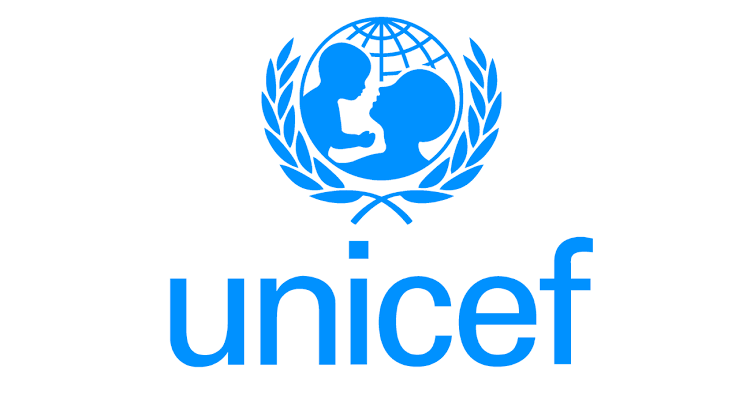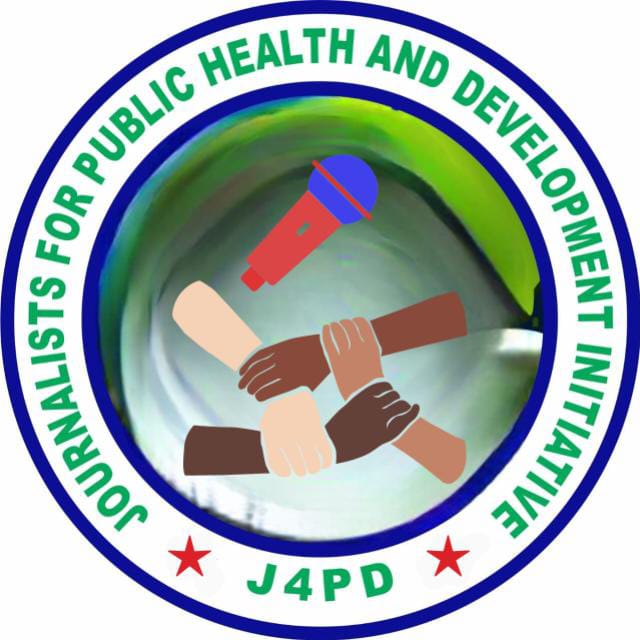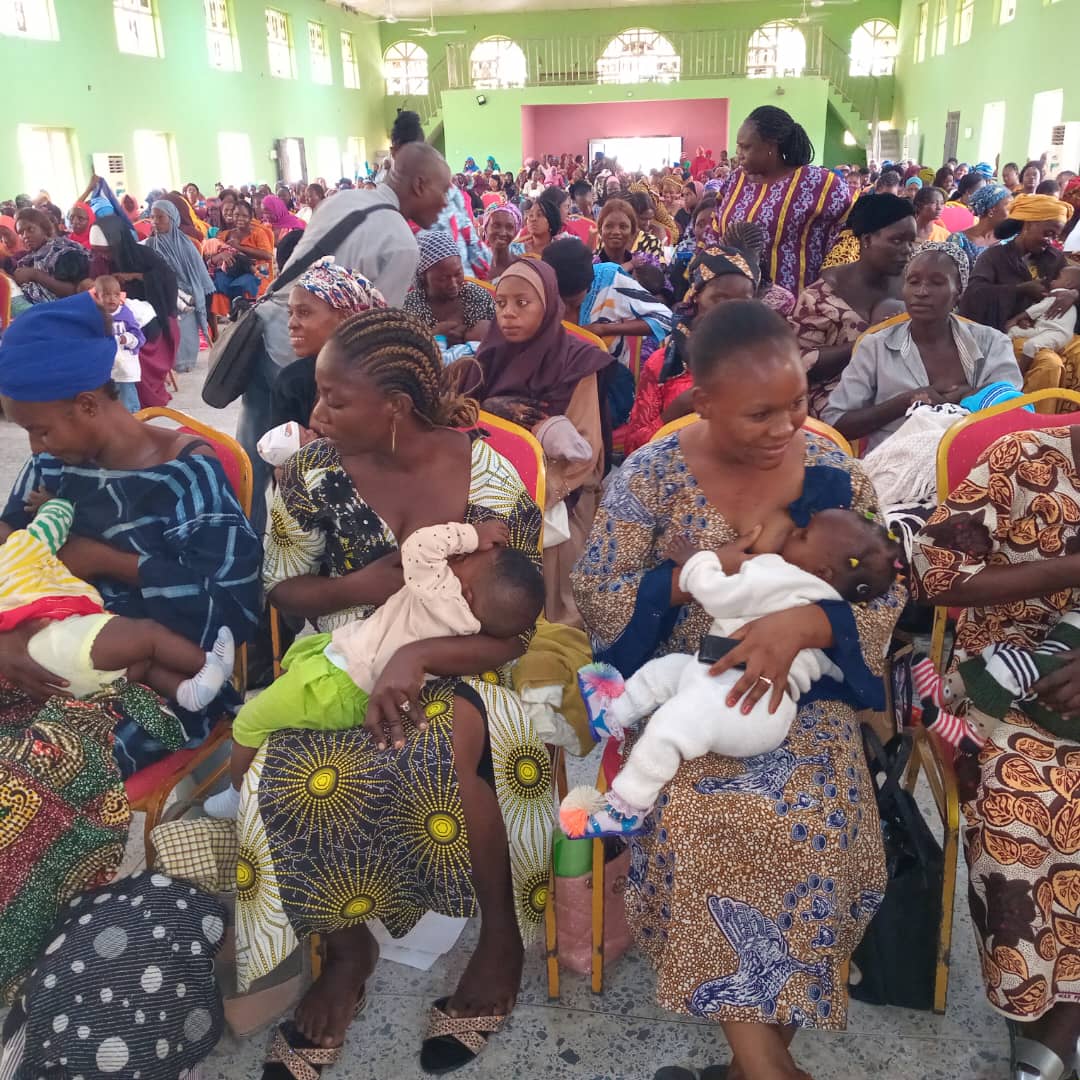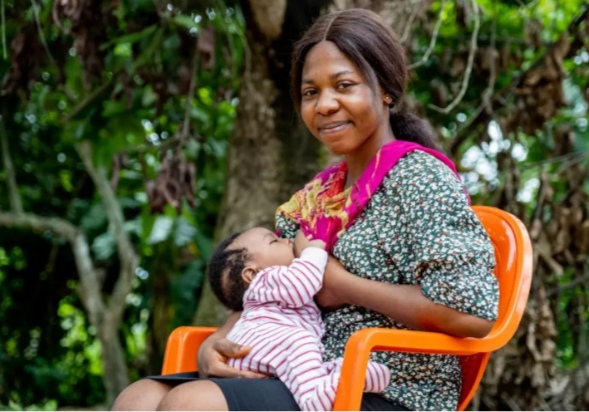Special Feature
Analysing the role of fathers in breastfeeding

Breastfeeding is the act of feeding babies with breast milk by mothers. Since the time immemorial, mothers nurse their infants through suckling from their first days in the world until they are waned. Some women wane their babies when they are 18 months or two years old when they begin to give them food.
Over the years, nursing mothers feed their kids breast milk in addition to water, usually warm water. However, in recent years, doctors came up with a research that recommends feeding babies with only breast milk without mixing it with water for at least first six months of a child’s life. This practice is called ‘exclusive breastfeeding.
Moreso, the belief by many is that nursing children like other house chores is the sole responsibility of mothers and fathers mostly do not play any serious role in that. In view of that, the fates of babies are left only in the hands of mothers. But some of these mothers especially the new ones, are not acquainted with what to do and how to do it. Hence, they are guided by elderly women and grandmothers. These old women advise how a nursing mother should take care of herself and infant. At times, the elderly women put the new mothers into unhealthy and unsafe traditional practices after giving birth.
For instance, in some parts of the north, new mothers are asked to take birth every morning with a scorching hot water with neem’s leaves inside. They are told that their bodies turn “raw” after delivery and that they must be bathing with such hot water to get them normal again. This practice, our correspondent observed, subjects women to torment and affliction. Many only sustain burns and swelling on their body as a result.
In a nutshell, there are a lot of traditional practices and activities new mothers are advised to be doing some of which are harmful and not really healthy. But as times go on, experts keep educating mothers on how to appropriately cater for themselves and kids. One of these advocacies is exclusive breastfeeding for the infants for a time period of six months after which water and other complementary food may be given to them. Nonetheless, the notion several people have is that breastfeeding is the role of mothers alone.
But according to experts, fathers are the missing piece in the breastfeeding puzzle. They suggest that fathers play a crucial role in breastfeeding, and that their support is essential for the success of breastfeeding children.
As the world celebrated the 2024 World Breastfeeding Week, last week, experts are stressing the vital role of fathers also in promoting exclusive breastfeeding.
One of the experts, Philomena Irene, Nutrition Specialist of the United Nations Children’s Fund (UNICEF) Bauchi field office, highlights the importance of fathers’ support in ensuring a healthier future for children via breastfeeding.
“Breastfeeding provides all the fluid and nutrients needed for optimal growth and development during the first six months.
“It acts as a baby’s first vaccine, stimulating brain development and affecting educational outcomes. Breastfeeding also protects a woman’s health, leading to lower healthcare costs, healthier families, and a smarter workforce.”, she said during the 2024 Media Dialogue tagged “Journalists as Change Agents” for exclusive breastfeeding held in Adamawa state for journalists drawn from Gombe, Bauchi, Jos, Taraba and Adamawa states.
According to her, fathers and grandmothers also have significant parts to play in supporting and promoting six months exclusive breastfeeding. She said the fathers’ role is to ask their wives to practice exclusive breastfeeding for their children as well as provide them with adequate and right foods to make their breasts to produce milk in abundance.
Philomena emphasised the importance of exclusive breastfeeding in reducing health problems and protecting the rights of babies to survive and thrive.
She added that it is a simple, cost-effective, and natural way to provide infants with the nutrients they need for healthy growth and development. Buttressing her points, the UNICEF’S nutrition specialist said if the child is healthy, his parents will not be taking him to hospitals frequently and spending money.
“Exclusive breastfeeding has the potential to save more children’s lives than any other preventive intervention.
“Exclusively breastfed children have at least six times greater chances of survival in the early months than non-exclusively breastfed children, and an exclusively breastfed child is 14 times less likely to die in the first six months than a non-breastfed child.”, she asserted.
The expert stated that breastfeeding also has long-term benefits, including improved growth and development, lower risk of obesity, and increased intelligence.
Moreover, she said that breastfeeding helps prevent malnutrition, ensures food security for infants pointing out that fathers can also contribute significantly by helping with childcare and talking with their spouses about committing to breast milk only for the baby’s first six months.
Also speaking, the UNICEF Bauchi field office communication officer, Opeyemi Olagunju explained that the media engagement was organised to draw attention to the importance of exclusive breastfeeding, especially in the first six months.
He said the session focuses on the role of fathers and other community-level outliers, such as grandmothers, in supporting and ensuring exclusive breastfeeding.
“As part of initiatives to draw attention to breastfeeding, especially in the first six months, UNICEF Bauchi Field Office organised the media engagement session. The session aimed to spotlight the role of fathers and other community-level outliers, such as grandmothers, in supporting and ensuring breastfeeding.”, he noted.
During a field trip by journalists to some communities in the state, many fathers interviewed admitted that their babies that are breastfed exclusively for six months thrived faster and growed healthier.
Abdulra’uf Mohammed from Unguwar Bako said his elder children used to suffer from fever and headaches when his wife was not practicing exclusive breastfeeding but that those who are breastfed exclusively fell sick less.
Another resident of the area, Abbas Hamidu, also known as ‘Baba Iyali’ said his first kids used to have stomach aches but after adopting exclusive breastfeeding, his new children did not have such experiences.
They however said there are still people in the community that do not accept exclusive breastfeeding or believe it is the best.
Other respondents uncovered that the reason why some people do not believe and practise exclusive breastfeeding is owing to ‘the hot weather’ in the state and that they think their infants will be thirsty if they are not given water.
But UNICEF clarifies that breast milk have water sufficient for child survival and insists that exclusive breastfeeding reduces risks of contracting diseases and infections by an infant, hence the significance of the practice.
-

 Politics1 day ago
Politics1 day agoPeter Obi visits Niger, donates ₦20m to flood victims
-

 Metro News2 days ago
Metro News2 days agoEno’s daughter manipulated by false prophets – AKSG
-

 Politics2 days ago
Politics2 days agoNo one can sack me from PDP – Wike
-

 Politics1 day ago
Politics1 day agoSack some ministers, security chiefs – Orji Kalu tells Tinubu
-

 National News2 days ago
National News2 days agoBreaking: NYSC begins payment of arrears
-

 National News1 day ago
National News1 day agoForum calls on Tinubu’s loyalist to defect to PDP
-

 Crime and Law1 day ago
Crime and Law1 day agoBreaking: Army Chief relocates to Benue over incessant killings
-

 Politics2 days ago
Politics2 days agoNorth must support South West in 2027 – Shehu Sani




























